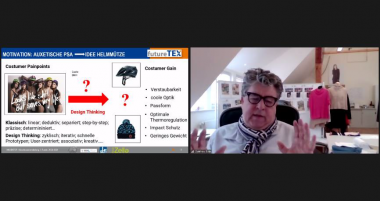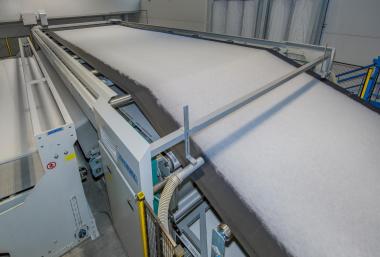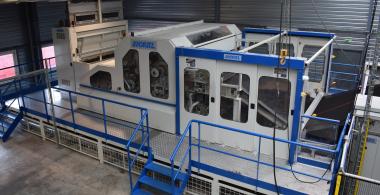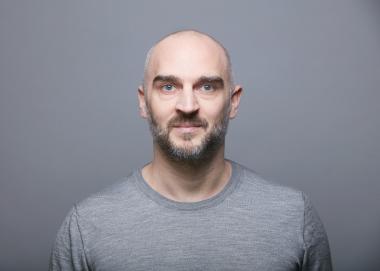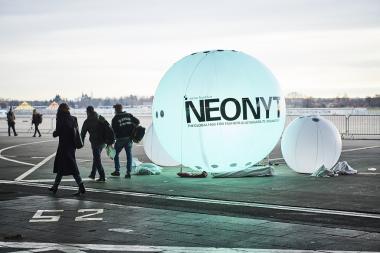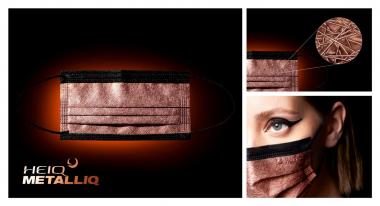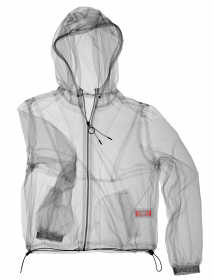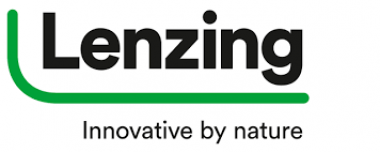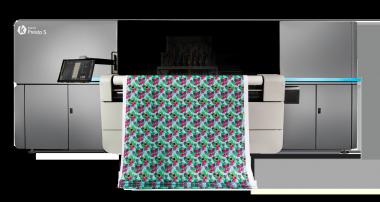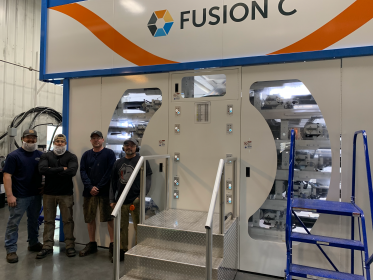Mimaki: Futterstoffe mit Mehrwert durch Digitaldruck
Das auf die Herstellung von Futterstoffen „Made in Italy“ spezialisierte Unternehmen Gi.Tessil Foderami erweiterte seinen Maschinenpark aus 28 Jacquard-Webmaschinen um ein erstes digitales Textildrucksystem TX300P-1800B von Mimaki, um einen Qualitätsvorsprung gegenüber den Mitbewerbern zu erzielen.
Produkt- und Servicequalität sind das Unterscheidungsmerkmal von Gi.Tessil Foderami, einem Spezialisten für Futterstoffe „Made in Italy“. Durch den Einsatz modernster Technologien und nachhaltiger Rohstoffe ist es dem Unternehmen gelungen, sich als einer der Hauptanbieter von Jacquard-Futterstoffen in Europa zu etablieren.
Die Unternehmensphilosophie, die auf die Erprobung neuer, innovativer Technologien zur Wahrung höchster Standards ausgerichtet ist, hat nun zu einem weiteren großen Schritt nach vorn geführt – der Investition in digitalen Textildruck.
Digitaldruck als Weichenstellung
Nach der Sichtung mehrerer Digitaldrucklösungen auf dem Markt fiel die Wahl auf das TX300P-1800B von Mimaki – ein Textildirektdrucksystem mit automatisiertem Druckdeckenvorschub und Eignung für Pigmenttinten, das Gi.Tessil Foderami bei Mimaki Bompan Textile erwarb
Nach den ersten Monaten mit dem Mimaki TX300P-1800B zieht Paolo Giamberini, Eigentümer und CEO, eine Erfolgsbilanz: „Im Hinblick auf das Anwendungsspektrum haben wir unsere ursprünglichen Ziele nicht nur erreicht, sondern sogar noch übertroffen. Neben dem On-Demand-Druck auf eigene Stoffe können wir auch von den Kunden gelieferte Materialien mit ganz ähnlichen Motiven versehen – und dies in völlig neuen Einsatzbereichen, wie bei den derzeit so gefragten Schutzmasken.“ So ergeben sich beachtliche Ertragschancen und Zukunftspotenziale, die Giamberini wie folgt resümiert: „Das Digitaldrucksystem Mimaki TX300P-1800B ist äußerst flexibel und vielseitig. Sein Produktionspotenzial von schätzungsweise 14.000 Metern jährlich haben wir noch nicht einmal voll ausgeschöpft, was im Wesentlichen an zwei Faktoren liegt – der Zeit, die erforderlich ist, um unsere Kunden an diese innovative Technologie heranzuführen, und dann natürlich auch der COVID-19-Krise, die das gesamte Projekt verzögert hat. So konnten wir unser Musterbuch noch gar nicht offiziell präsentieren. Aber jede Krise geht vorüber, und wenn es so weit ist, werden wir wohl schon bald eine weitere Investition dieser Art in Erwägung ziehen.“
Mimaki Europe BV










